Heirloom gardening communities are revolutionizing the way individuals approach sustainable agriculture, fostering a sense of connection and shared purpose among gardeners nationwide. These dynamic groups not only preserve timeless gardening traditions but also provide invaluable resources and opportunities for growth. Whether through collaborative projects, knowledge-sharing platforms, or access to exclusive tools, heirloom gardening communities empower enthusiasts to thrive in their passion. By joining forces, these communities strengthen local networks, promote environmental stewardship, and ensure the continuity of heirloom practices for future generations. In this article, we explore the multifaceted world of heirloom gardening communities, examining their significance, benefits, and the pathways to becoming an active member of this transformative movement.
Key Takeaways
– Engage with passionate gardening enthusiasts who share expertise and experiences in heirloom gardening and sustainable practices.
– Access free resources, expert advice, and valuable tips to enhance your gardening skills.
– Discover sustainable gardening practices and eco-friendly solutions to reduce your environmental impact.
– Save money and reduce food waste by growing your own produce through community gardens.
– Find high-quality seeds, plants, and gardening tools from trusted online sources.
– Support eco-friendly initiatives and contribute to a healthier planet through sustainable gardening.
– Learn from experienced gardeners and gain insights into successful planting and growth strategies.
– Enjoy exclusive access to gardening tips, guides, and resources designed to help you thrive.
– Contribute to a greener future by participating in community-based gardening projects.
– Make informed decisions about your gardening journey by leveraging expert recommendations and community support.
What Does Heirloom Mean in Gardening?
Heirloom refers to plants or seeds that have been passed down through generations. These are often traditional, non-hybrid varieties that have been preserved and treasured for their unique qualities. Heirloom seeds are typically open-pollinated, meaning they can reproduce naturally without human intervention, contributing to biodiversity.
These seeds are cherished for their distinctive flavors, hardiness, and historical significance. They often carry rich histories, sometimes dating back centuries, and are valued for their ability to adapt to various climates and conditions.
Heirloom gardening promotes sustainability and genetic diversity, making it a valuable practice for preserving rare plant varieties. Many gardeners appreciate the unique characteristics and richer taste that heirloom crops bring to their gardens.
To get started with heirloom gardening, consider visiting a local nursery or exploring online seed banks to find varieties suited to your region. Once you begin, be sure to save seeds properly to continue the legacy of these timeless plants.
How to Get Free Gardening Supplies from the Government
Obtaining free gardening supplies from the government can be a rewarding endeavor for aspiring gardeners. Below are several effective methods to acquire these resources:
- Local Governments : Many city and county governments offer free gardening supplies such as seeds, mulch, and compost. These programs often require contacting your local government office directly to inquire about availability and pickup.
- USDA Programs : The United States Department of Agriculture (USDA) provides free gardening supplies through initiatives like the Conservation Reserve Program and Acres for America . These programs distribute seeds and other materials to eligible participants.
- National Organizations : Organizations like the National Garden Bureau collaborate with the government to distribute free seeds and gardening resources. Visit their website or contact them directly for details on available programs.
- Community Gardens : Some cities and towns offer community garden plots where residents can grow their own vegetables and flowers. These plots often come equipped with tools and supplies, and sharing with neighbors can be a great way to save resources.
- State Extension Services : State extension services typically provide free gardening materials and resources. They may also host workshops and events where you can learn about sustainable gardening practices and obtain free supplies.
- Online Applications : The USDA offers an online application system for certain gardening programs. Check their official website for details on how to apply and receive free gardening supplies.
By exploring these avenues, you can easily access free gardening supplies and support your gardening endeavors with the help of government initiatives and programs.
Is It Illegal to Save Heirloom Seeds?
Saving heirloom seeds can be legal or illegal depending on the specific circumstances and the nature of the seeds involved. Here’s a breakdown:
- Patented or Proprietary Seeds :
Seeds that are patented or otherwise owned by corporations may fall under intellectual property laws. Saving and distributing such seeds without authorization can be illegal. This applies particularly to hybrid or genetically modified seeds that have been developed with significant investment. - Open-Pollinated Seeds :
Open-pollinated heirloom seeds, which are not subject to patents, are generally legal to save and share. These seeds rely on natural pollination and do not involve controlled breeding or intellectual property rights. - Non-GMO Heirlooms :
Non-genetically modified heirloom seeds may still be subject to restrictions if they are part of a protected variety or have been developed through controlled propagation methods. It’s essential to verify the origin and ownership of these seeds before saving. - Regional Regulations :
Local laws and regulations may also impact seed-saving practices. Some jurisdictions have specific rules regarding seed propagation and distribution, so checking local guidelines is advisable.
To comply with legal requirements, consider purchasing heirloom seeds from reputable sources that offer proper licensing when necessary. This helps ensure that you are not infringing on intellectual property rights while supporting legitimate trade practices. 1
Best Online Gardening Communities
- GardenWeb – The largest gardening site on the Internet, offering forums for every gardening topic. Whether you’re interested in houseplants or local gardening advice, GardenWeb has it all. Explore Forums
- The Old Seed Community – A hub for eco-conscious gardeners and farming enthusiasts. We focus on heirloom gardening, sustainable agriculture, and preserving traditional farming methods. Join us to learn about sustainable practices and get inspired by our guides and tips. Heirloom Gardening Tips
- Growing Natural – Dedicated to organic gardening and sustainable living. This community shares knowledge on growing food naturally, composting, and eco-friendly gardening practices. Perfect for those looking to reduce their environmental impact. Organic Gardening Resources
- Green Thumb Club – A welcoming space for novice and experienced gardeners alike. Discuss gardening techniques, share plant care tips, and connect with fellow gardening enthusiasts. Great for learning and getting inspired. Plant Care Guides
Are Community Gardens Cheaper?
Community gardens can indeed be a cost-effective way to grow your own produce, often saving money compared to purchasing fruits and vegetables at a grocery store.
When considering the initial setup costs, such as seeds, soil, watering systems, and tools, community gardens may require an upfront investment. However, these costs are typically offset by the reduced expense of buying fresh produce, which can be significantly more expensive due to supply chain logistics and retail markup.
One of the key advantages of community gardens is the ability to share resources. Many gardens share tools, composting systems, and labor, reducing individual costs for members. Additionally, growing your own vegetables allows you to control the quality and freshness of your harvest, ensuring you get the most out of your plants.
Moreover, community gardens often provide educational opportunities and access to expert advice, helping members improve their gardening skills over time. This can lead to increased productivity and further cost savings in subsequent years.
For those interested in getting started, many communities offer shared-use gardens or partnerships with local organizations that provide support and resources. These options can make it easier to begin gardening without the need for significant upfront investments.
In summary, while community gardens may involve initial costs, they often prove to be a financially sound and rewarding endeavor, offering both savings and a connection to nature.
What is the best online plant company?
When searching for the best online plant companies, it’s essential to consider factors like variety, quality, customer service, and delivery options. Here are some top contenders:
- Old Seed – A leader in heirloom gardening and sustainable agriculture, Old Seed offers a wide range of rare and organic seeds. Their mission focuses on preserving traditional gardening methods and promoting eco-friendly practices. Visit their website at oldseed.org to explore their collection.
- Botanical Garden – Known for its diverse selection of plants, including exotic varieties, Botanical Garden provides high-quality seeds and plants. They emphasize sustainability and offer detailed growing guides. Check out their inventory at botanicalgarden.com .
- Burpee – A trusted name in gardening, Burpee offers a vast array of plants, tools, and supplies. Their catalog includes both common and unusual varieties, making them a favorite among gardeners. Explore their offerings at burpee.com .
- Seedlings – Specializing in small-space gardening, Seedlings carries a unique selection of plants tailored for urban environments. They focus on compact varieties and provide helpful growing tips. Visit their store at seedlings.com .
- Gardening Society – This platform caters to both novice and experienced gardeners, offering a mix of seeds, plants, and gardening accessories. They highlight organic and heirloom options, making them a great choice for eco-conscious shoppers. Discover their collection at gardening-society.com .
Each of these companies brings something unique to the table, whether it’s through their focus on sustainability, variety of plants, or customer-centric approach. Consider your specific needs and preferences when choosing the best online plant company for your gardening projects.

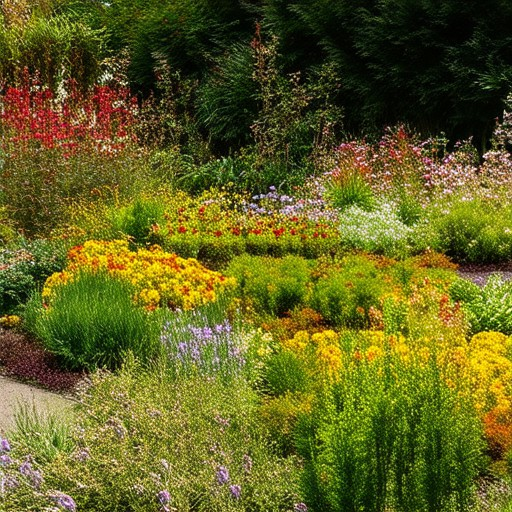
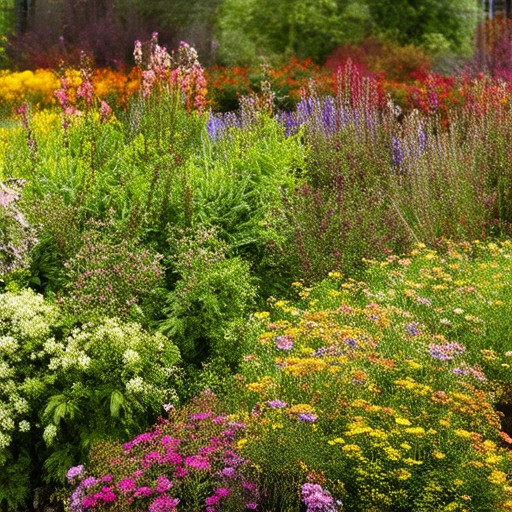
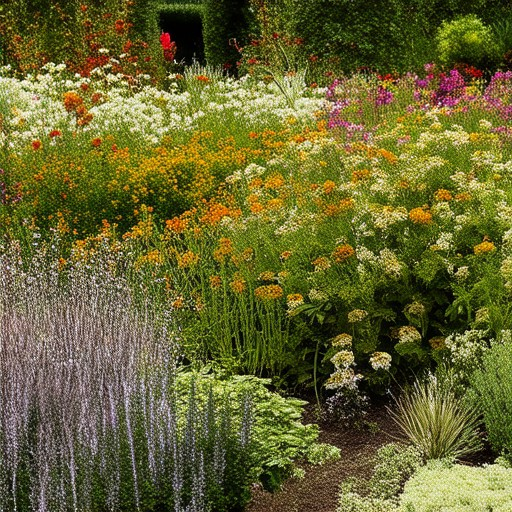
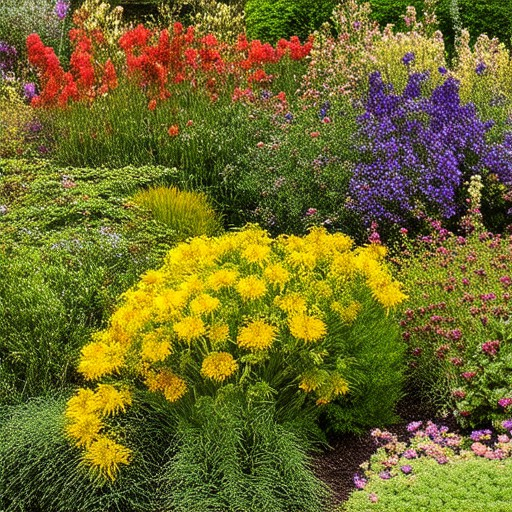
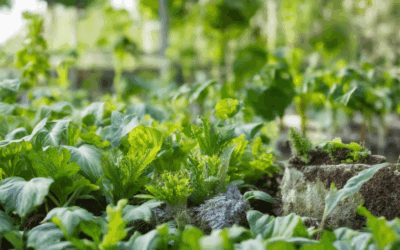
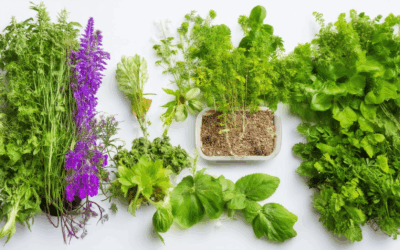
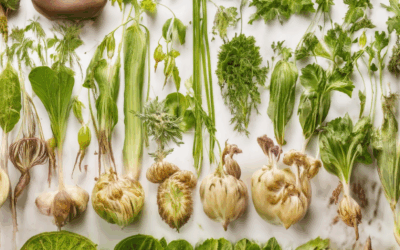
0 Comments